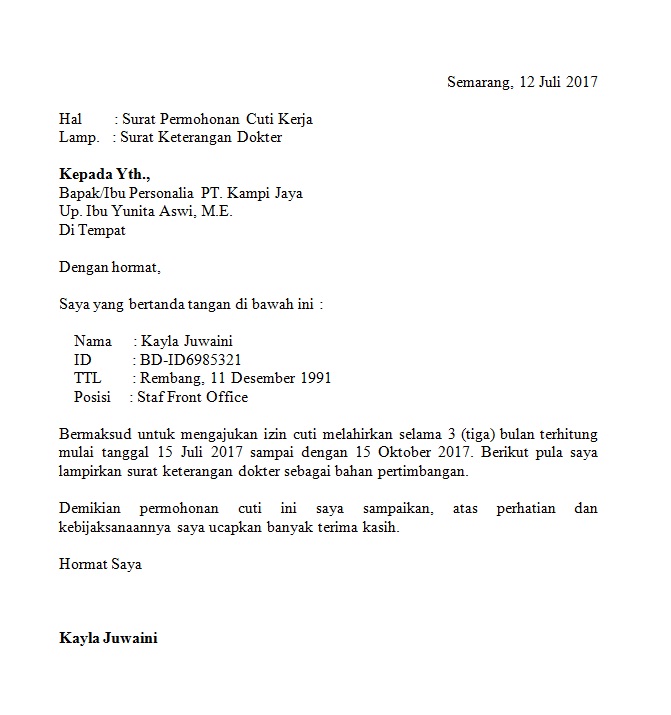The Art of the Ask: Mastering the Time-Off Request
Stepping away from the daily grind, whether for a much-needed vacation or an unexpected life event, is crucial for our well-being. But navigating the waters of time off can sometimes feel like charting uncharted territory. It's not always as simple as declaring, "I'm out!" A thoughtful approach to requesting leave is key to ensuring a smooth transition for both you and your employer.
The art of requesting time off is a delicate dance of respect, planning, and clear communication. It's about understanding the unspoken rules of your workplace while advocating for your personal needs. Think of it as crafting a persuasive narrative – one that acknowledges your responsibilities while highlighting the importance of your time away.
The importance of this delicate dance cannot be understated. A well-structured and well-timed request fosters a sense of trust and professionalism. It demonstrates your commitment to your responsibilities, even as you prioritize your personal life. This approach can go a long way in building a strong and respectful relationship with your superiors.
While the concept of requesting time off is relatively universal, its execution can vary greatly. Cultural norms, company policies, and even individual management styles can influence how this process unfolds. Understanding these nuances is key to crafting a request that resonates with your specific work environment.
One common pitfall is waiting until the last minute to request time off. This can create unnecessary stress for both you and your team, potentially impacting deadlines and workflow. Instead, aim to provide ample notice, allowing your manager and colleagues sufficient time to adjust and prepare for your absence. This proactive approach demonstrates respect for their time and showcases your organizational skills.
Advantages and Disadvantages of Formal Leave Requests
| Advantages | Disadvantages |
|---|---|
| Provides a clear record of the request and approval | Can be perceived as overly formal in some work environments |
| Helps prevent scheduling conflicts | May require navigating complex company software or procedures |
| Demonstrates professionalism and respect for company policy | Doesn't always allow for nuanced explanations or personal circumstances |
Best Practices for Requesting Time Off
1. Timing is Everything: Submit your request well in advance of your planned absence, especially for extended periods. This allows for proper planning and minimizes disruption.
2. Keep it Concise and Clear: Use professional language and clearly state the dates you are requesting off, the reason for your absence (if comfortable), and any relevant details.
3. Highlight Coverage Plans: Demonstrate responsibility by outlining how your tasks will be covered during your absence. Delegate tasks or offer to prepare resources in advance.
4. Be Flexible and Open to Discussion: While it's important to advocate for your needs, be willing to negotiate dates or discuss alternative arrangements if necessary.
5. Express Gratitude: Once your request is approved, express gratitude for the opportunity to take time off. This fosters positive working relationships.
Conclusion
Mastering the art of the time-off request is a valuable skill that extends beyond simply securing vacation days. It's about building trust, demonstrating responsibility, and fostering open communication within your workplace. By approaching this process with thoughtfulness and respect, you create a win-win situation for both yourself and your employer, paving the way for a healthier work-life balance and a more fulfilling career journey.
Ticking away exploring the meaningful world of time clock tattoo designs
Unlock your cars private party value
Unlock your pharmacy career navigating indonesian pharmacy schools







